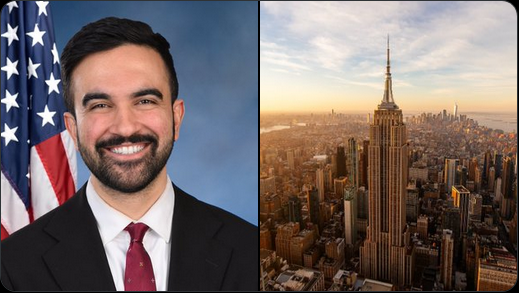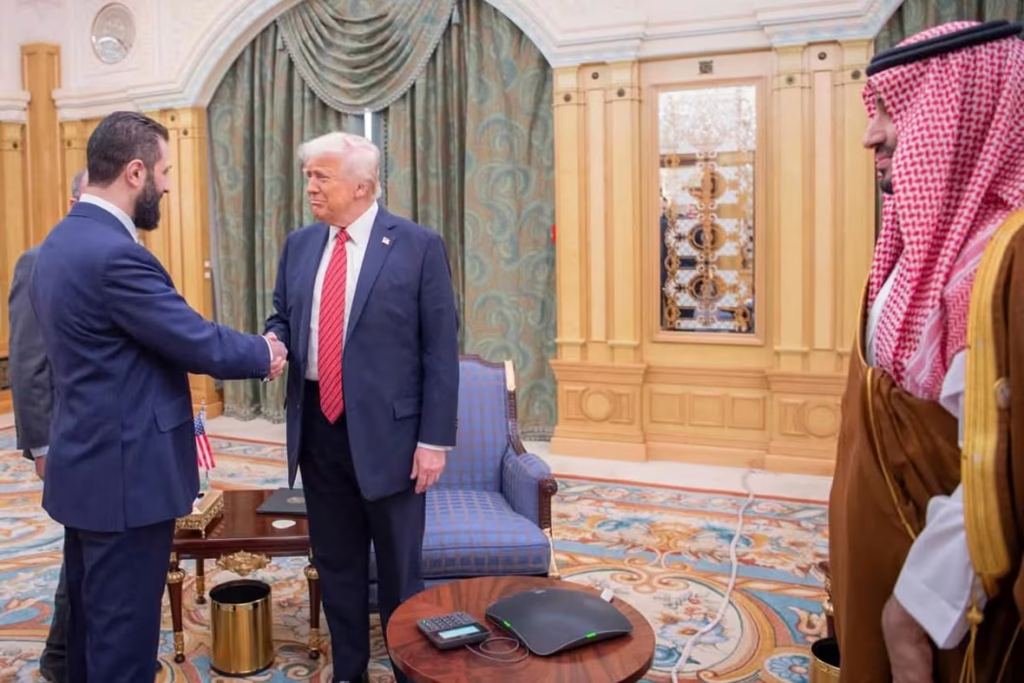2025 is a watershed moment for New York City and arguably for American urban politics. In a campaign that electrified young voters, challenged party orthodoxies, and redefined what’s possible for city leadership, Zohran Mamdani has been projected to win the New York mayoral race. His victory not only makes him the first South Asian and Muslim to lead NYC, but marks a generational and ideological shift in how the world’s most famous city sees itself and its future.
Breaking Barriers: Who Is Zohran Mamdani?
Zohran Mamdani, just 34, was a relatively unknown New York State Assembly member less than a year ago. Born in Uganda, he immigrated to the U.S. with his family and became deeply embedded in the city’s grassroots a background he leveraged during his campaign to connect with working-class communities, rising rents, and disenchanted millennials. Identifying as a democratic socialist, Mamdani prioritized affordability, housing, and public services as central themes.
His rapid ascent from hip-hop artist and housing advisor to mayor of America’s largest city showcases the appeal of outsider narratives and grassroots mobilization. Viral content and outreach to podcasters, online creators, and community organizations made him a star among young and left-leaning New Yorkers.
The Campaign: Reshaping Urban Politics
What set Mamdani’s campaign apart was its focus on expanding social programs funded by new taxes on wealthy individuals and corporations. Calling out the entrenched political establishment including powerful centrist Democrats and corporate elites he promised rent freezes, affordable housing, enhanced safety nets, and better public transit. His coalition was broad: disillusioned urban progressives, union members, young professionals, and many first-time voters.
He triumphed over major opponents including former governor Andrew Cuomo running as an independent garnering an impressive 50.3% of the vote in the general election, with his closest competitors far behind.
Historic Victory and Its Symbolism
- First South Asian and Muslim Mayor: Mamdani’s election signals NYC’s cultural diversity and the growing power of immigrant communities.
- Youngest Mayor in Over a Century: At 34, Mamdani represents generational change, bringing millennial urgency to an office that once belonged to centrist political veterans.
- A Win for Democratic Socialism: By overcoming the establishment and centrist opponents like Cuomo, his landmark victory energizes progressive movements citywide and nationally.
Reaction to his win has gone far beyond city lines with national Republicans branding Mamdani a “radical socialist” and President Trump openly warning of funding cuts for New York if a “communist” is in charge. On the other hand, progressive leaders around the country see Mamdani’s win as a sign of the Democratic Party’s changing priorities.
Challenges – The Real Work Begins
Mamdani’s national profile means his tenure will be intensely scrutinized. Expectations run high, but so do the hurdles:
- Funding and Policy Limits: Many of Mamdani’s ambitious plans (like new taxes on millionaires for social programs) face opposition from the New York state legislature, governor, and business lobbies. He must balance his reformist agenda with the practical constraints of the city budget and state politics.
- Party Relations: While he ran as a staunch critic of Democratic establishment figures, Mamdani will need allies among leaders like Chuck Schumer many of whom did not endorse him.
- Federal Tensions: Trump’s vow to reduce federal funding (and ongoing Republican backlash) could complicate efforts to expand or maintain city services.
- Public Safety and Economic Concerns: Crime rates, inflation, and business growth will be used by opponents to measure his success or failure as mayor.
The Promise – Why His Win Matters
Community Representation and Hope: Mamdani’s win embodies the possibilities for young, diverse, and activist candidates to make a real difference in U.S. politics. His success story is a win for those who feel left out of traditional urban leadership structures.
Progressive Urban Reform: If he can navigate the roadblocks ahead, Mamdani’s policies may set a template for other cities showing how housing, healthcare, policing, and environment can be prioritized in government budgets.
National Ripple Effect: With national attention focused on New York, other progressive candidates are watching. Mamdani’s victories and stumbles may shape future campaigns in other major cities.
What’s Next for New York?
- Policy Innovation: Whether in housing reforms, transit expansion, or digital governance, New York under Mamdani will be a laboratory for bold ideas.
- Coalition Building: Mamdani must unite his grassroots base with business leaders, the state government, and city agencies for his reforms to succeed.
- Media and National Spotlight: Expect every major decision to be broadcast and debated coast-to-coast.
Yet, as Mamdani himself acknowledged, there’s opportunity in his relative unfamiliarity a chance to build a reputation on achievements, not past baggage or scandals. How he leverages this new power, navigates tough negotiations, and responds to adversaries like Trump will define his legacy and, potentially, the future of progressive urban politics in America.
Conclusion: A New Era for Urban LeadershipZohran Mamdani New York mayor is now a historic global headline. His victory shatters old molds, energizes new voters, and sets the stage for fierce policy debates that will resonate far beyond city limits. Whether his progressive blueprint succeeds or struggles, New York enters a new chapter one led by a mayor who broke barriers, galvanized the left, and gave voice to a new vision for America’s greatest city.


